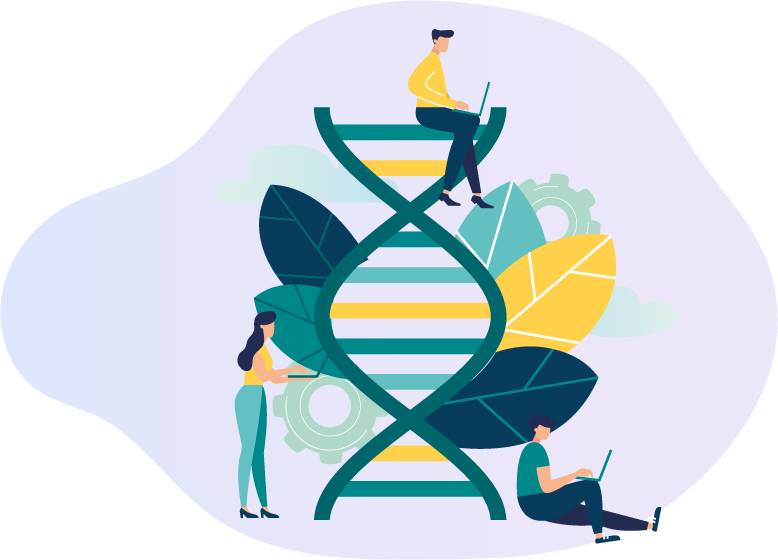Who's a Biologist?
Do you enjoy learning about different living things – how they look, where they live, what they do? Are you curious about how plants and animals interact with other living beings? If so, consider a career in biology!
Biology, as you may know, is the study of living things. As a biologist, you will, essentially, study life. You will learn how an organism comes into existence, its growth, functions and where it lives. Biology is an incredibly vast science that includes the study of plants (botany), animals (zoology) and microorganisms (microbiology). Curious to know more about this career? Click here to find out.
What will you do?
Discover your Ideal future
Get expert guidance and mentorship towards your perfect fit.
Where will you work?
How do you get there?
What skills would you need?
How do you make it to the top ranks?
Intern
As an intern, you would most likely assist a professor or researcher in the field. You may have to document findings, ensure proper care of the organism and perform other tasks assigned to you. This time will be all about learning.
Junior Biologist
As this is an entry-level job, you will take on simple tasks such as conducting research, experiments and tests that would further help senior biologists evaluate their work. You would also prepare reports on the various findings.
Senior Biologist
At this stage, you will work on independent projects or have assignments given to you. You will oversee the planning and working of the task. You will have juniors and interns working under you. Depending on your area of specialisation, you may also have to travel. For example, a senior wildlife biologist may have to travel to different countries to study wildlife in their natural habitat.
Researcher
Once you’ve established your credibility in the field, you can get government or private grants to work on your own projects on experiments. You can conduct these experiments as a lone wolf or even hire a team to work with you. Depending on your grant and where you work, you would have access to state-of-the-art equipment.
How much would you get paid?
Your exact salary will depend on various factors, such as the company you're working in and the type of role you've undertaken.
What are your career options?
Discover your Ideal future
Get expert guidance and mentorship towards your perfect fit.










